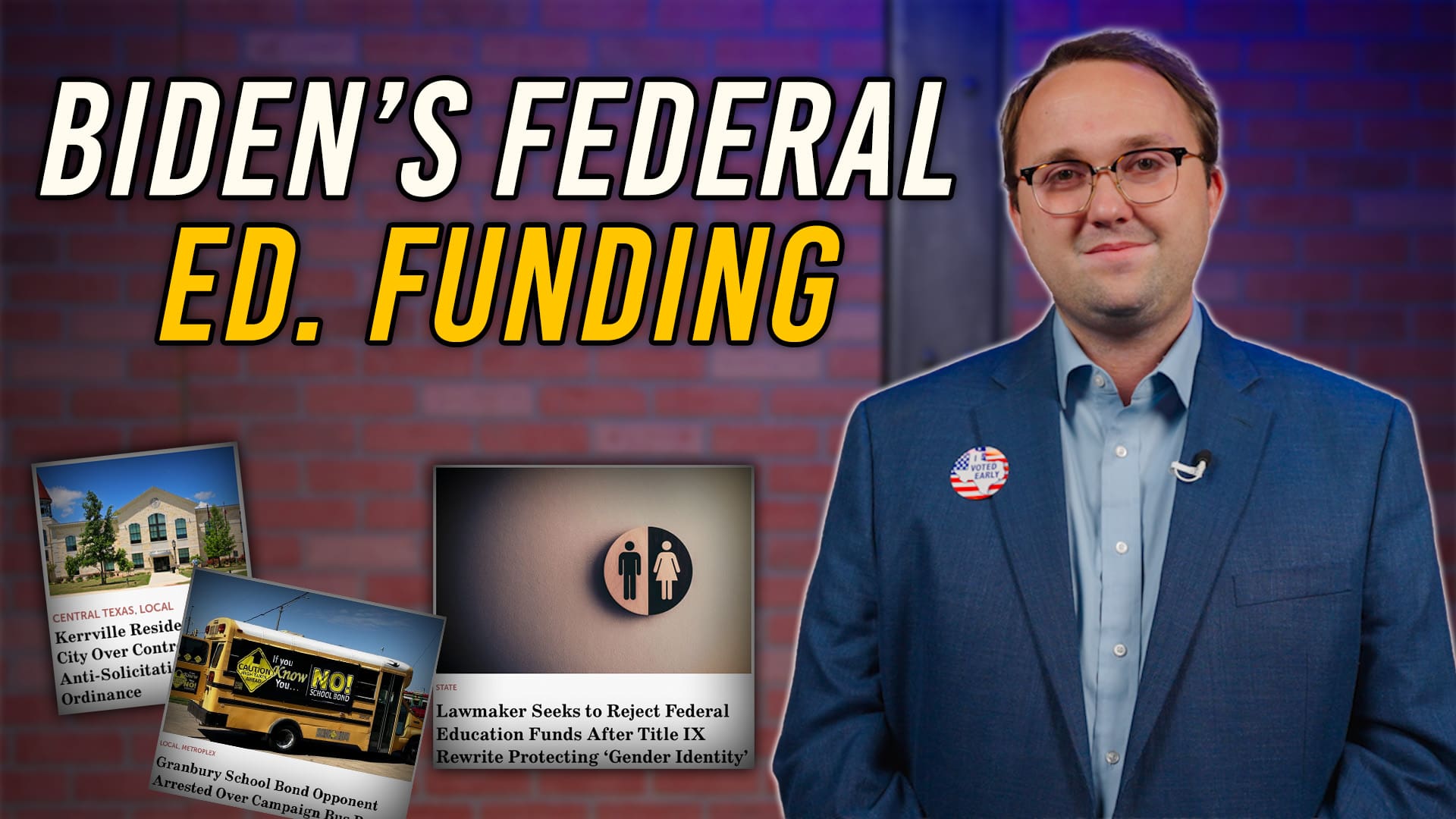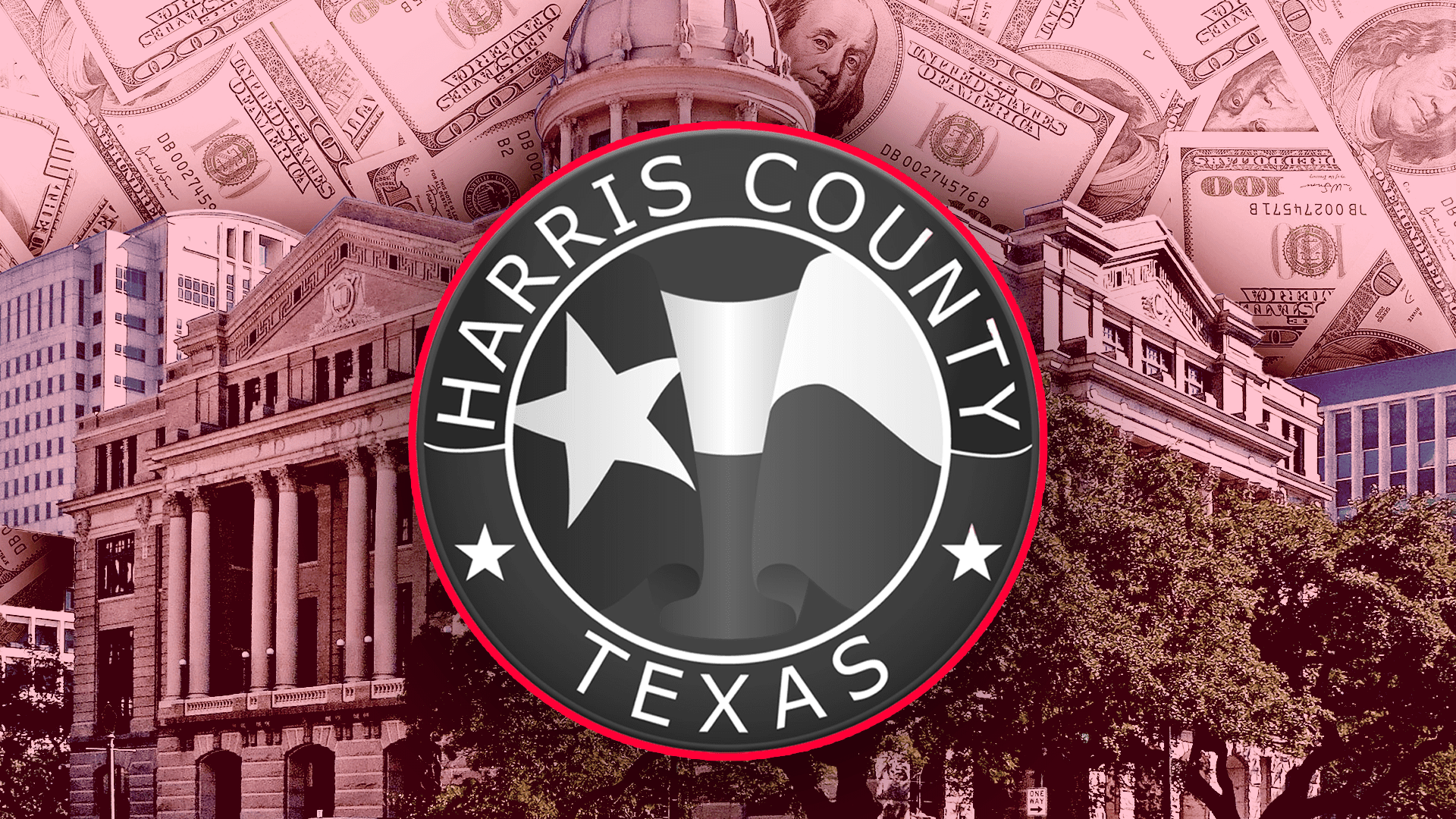Houston’s long-litigated, but never forgotten rain tax seems like it may rear its head again this November if the mayor has his way.
The drainage fee, or rain tax, barely passed in 2010 as a pay-as-you-go fee dedicated to streets and drainage. Though it seems negligible, on average .32 cents per square foot of impervious surface on a property, since its inception the city has collected over $840 million and allegedly little has gone to the revenue’s dedicated functions. A year after its passage, taxpayers filed a lawsuit arguing that the city deceived them with misleading ballot language, and in 2015 the Texas Supreme Court agreed.
Rather than force the city to immediately reimburse the funds, the court voided the election and ordered the city to hold a new one or stop collecting the tax. Comments from Mayor Turner show he is determined to hold a new election.
Even though the election is technically null and void, the fee is still being collected because of council’s passage of the enabling ordinance to collect the fee. The Court ruling applied to the vote, not the specific ordinance.
A few weeks ago Turner told council that he would be bringing the item up towards the end of July or beginning of August for consideration on the November ballot. Local entities have until August 20 to vote on ballot language for items to end up on that ballot.
Though the drainage fee was intended to be used on street and drainage renewal only, Houston columnist Bill King has written about the city using it to fund employees.
“Since 2012 the number of employees paid from Rebuild Houston has continually gone up. The 2019 budget calls for 528 employees to be paid from Rebuild Houston, which will be the highest level since it was created. And since we no longer have the benefit of a listing of the positions, we really have no idea what these employees will be doing.”
Now, despite continuing to collect the tax knowing that the election was voided, and allegations of the dedicated funds being misappropriated, the mayor will ask voters to approve the tax allowing for the continuation of its collection. After getting over the hurdle of council approval, a campaign to pass the tax will undoubtedly start. Voters should remember the promises made during the rain tax’s first campaign and the issues that have persisted ever since as they consider the validity of the proposal.




